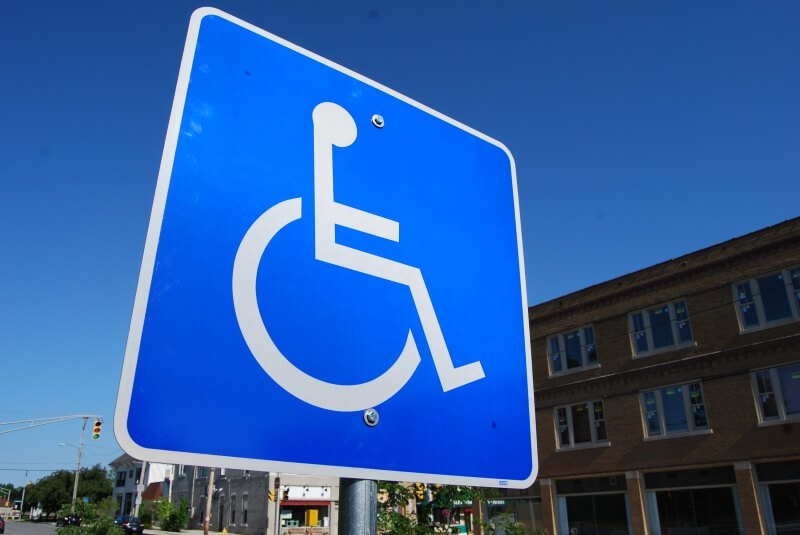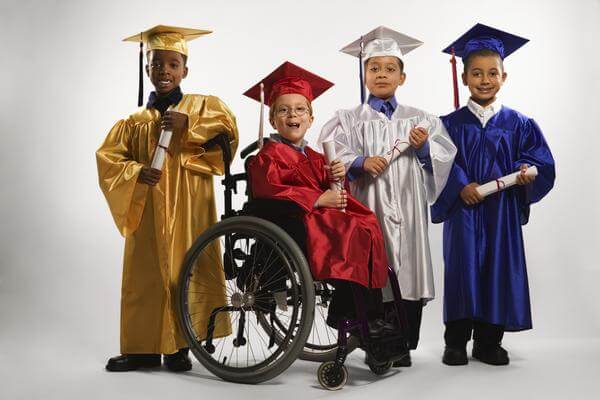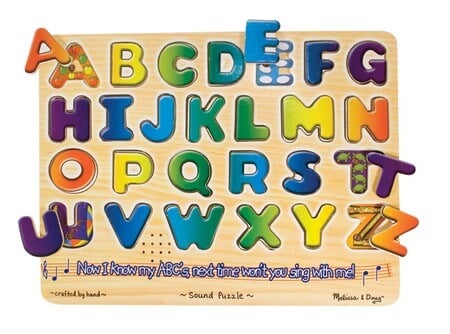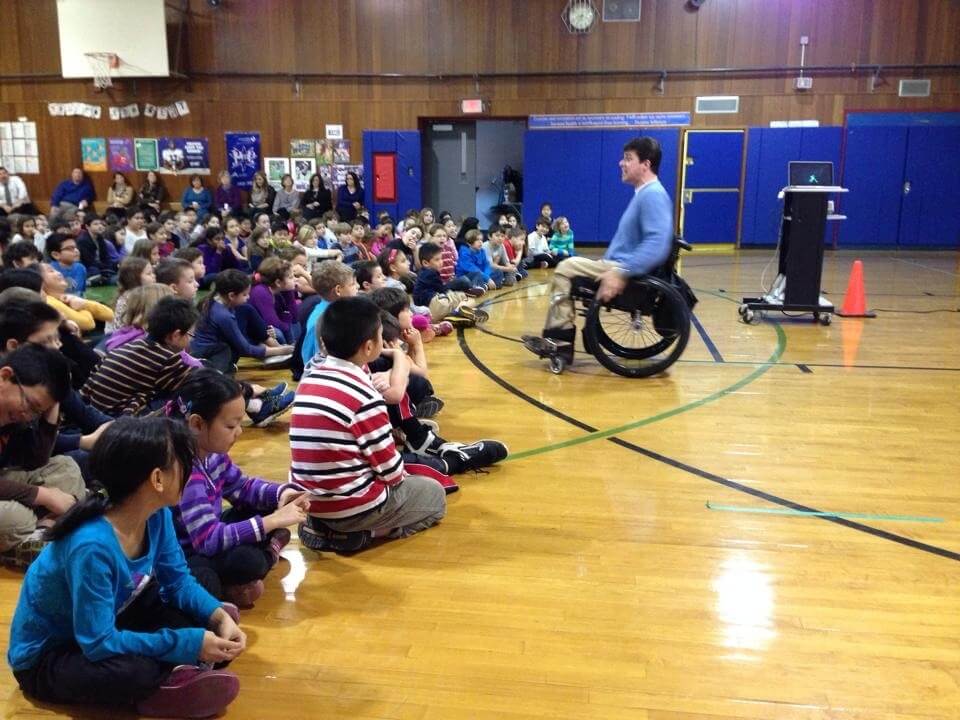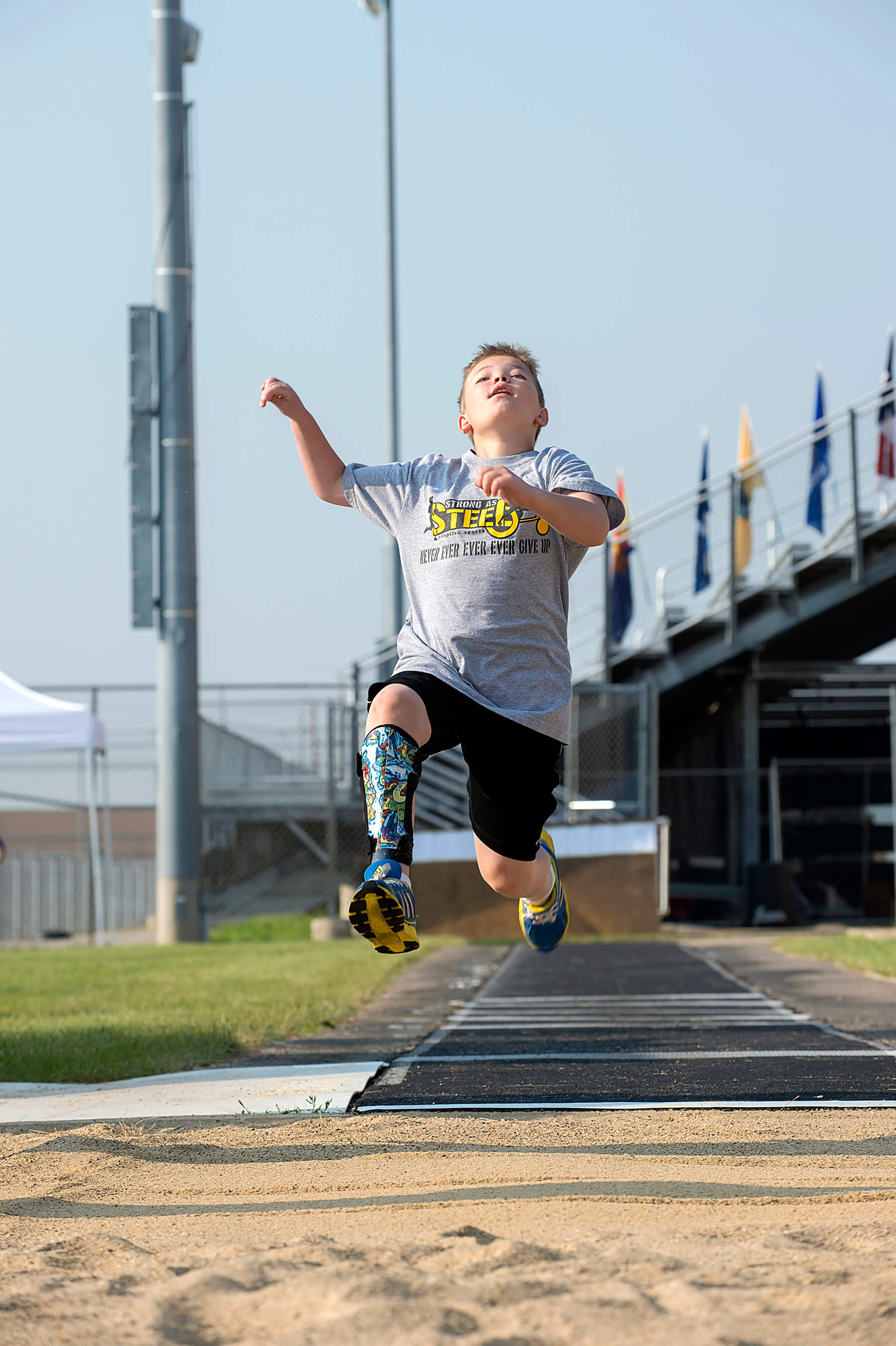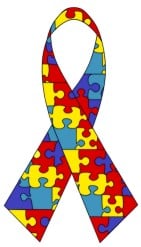The Mobility Resource Blog
Parenting
4 Questions Every Parent Should Ask their Child’s School About Equal Access
Tim Villegas tells parents of children with disabilities what questions they should ask their school about equal access.
It’s Wishbone Day: 9 Facts About Osteogenesis Imperfecta
Get your sunglasses ready because the Internet will be beaming with yellow sunshine on May 6th, in recognition of Wishbone Day, also known as, OI (Osteogenesis Imperfecta) Awareness Day.
What Full Inclusion Really Means
I know that I do not have a corner on the truth. While belief systems and worldviews tend to get mired in rhetoric, the big picture of inclusion (specifically inclusive education) is far more forgiving. My aim in this piece is to clarify a big misconception about what full inclusion really means.
Top 10 Toys For Children With Disabilities
Children with disabilities can enjoy most of the same toys their friends play with everyday. Some of these toys have special switches that make them easy for any child to activate.
What To Do When Children With Disabilities Are Bullied
For the past two years, Cyndi, a disability rights advocate from New Jersey, has been struggling to protect her 8-year-old son from a bully. The situation has been tough to resolve because both boys are classmates and both have autism, a disorder that significantly affects socialization.
10 Amazing Products For Parents With Disabilities
The joy of parenting goes deep, but when you have a disability you have a lot more to think about so you can be the best parent possible.
17 Correct Ways To Interact With A Parent Of A Child Who Has Special Needs
I recently wrote an article about 15 things you should never say to a special needs parent. While writing it, I had a hard time focusing on things not to say, and kept wanting to suggest alternative options, which is how this article came about.
15 Things To Never Say To A Special Needs Parent
As a special needs parent, it seems that people have a desire to comment to me, about my children, my parenting, my spiritual beliefs, my life choices and my future plans. Friends, acquaintances, family members and complete strangers are remarkably comfortable questioning and commenting on various aspects of our lives.
Gone Too Far? When Posting About Your Children’s Health Crosses The Line
After his 2-year-old daughter was diagnosed with Leukemia and had to undergo chemotherapy, Dr. David Simonsen turned to social media in an effort to educate others and to keep family members and friends apprised of her condition.
Why Peer Interaction Proves Crucial To Students With Autism
If your son, daughter, or student falls on the autism spectrum, you most likely realize the difficulties peer interaction can bring. For instance a student with autism may use a side entry at school to enter and leave so he or she can avoid large crowds. While such strategies get everyone through the day without incident, the students with autism lose the chances to learn important peer interaction skills.
- 1
- 2

